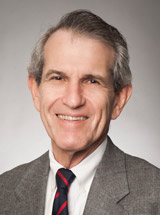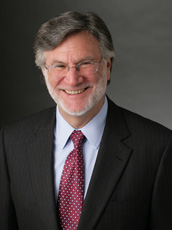I will propose that widespread acceptance of the suitability of a 3 year medical undergraduate education would be a profound error for three main reasons. First, it has been attempted before by many U.S. medical schools and it was an abysmal failure and abandoned by the beginning of the 21st century. Second, in an era of an explosion in biomedical research and knowledge, the idea that less education is sufficient flies in the face of simple logic and echoes the mistakes of the past in such an attempt. In fact, residency program directors have bemoaned the poor preparation found in many of their recent trainees. Third, the prediction that a shortened medical school duration would lead to increased numbers of primary care physicians is not supported by past evidence and ignores the dualistic nature of primary care medicine: the provision of preventative medical advice and the management of complex, typically chronic, medical problems. The former does not require utilizing physicians to accomplish the task and the latter requires a broadly trained and expert physician who likely needs even more training than is currently the norm.
I will also propose, in response to the deficiencies of current training, a renewed focus on the curricular goals of the fourth year of medical school as a means of corrected current deficiencies in training.

